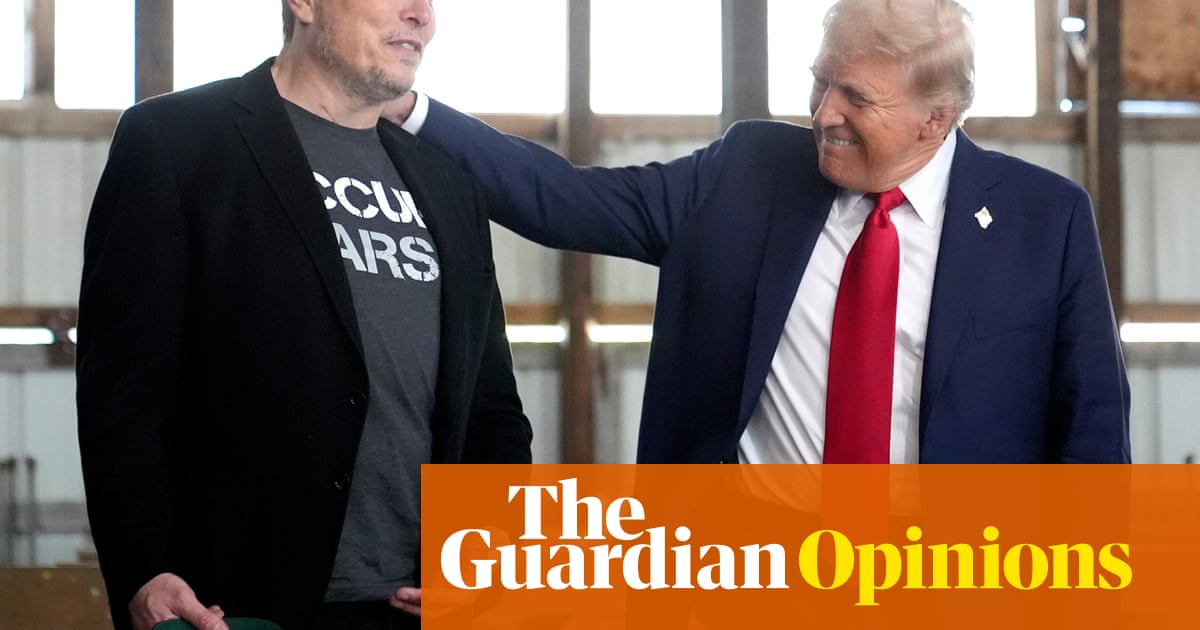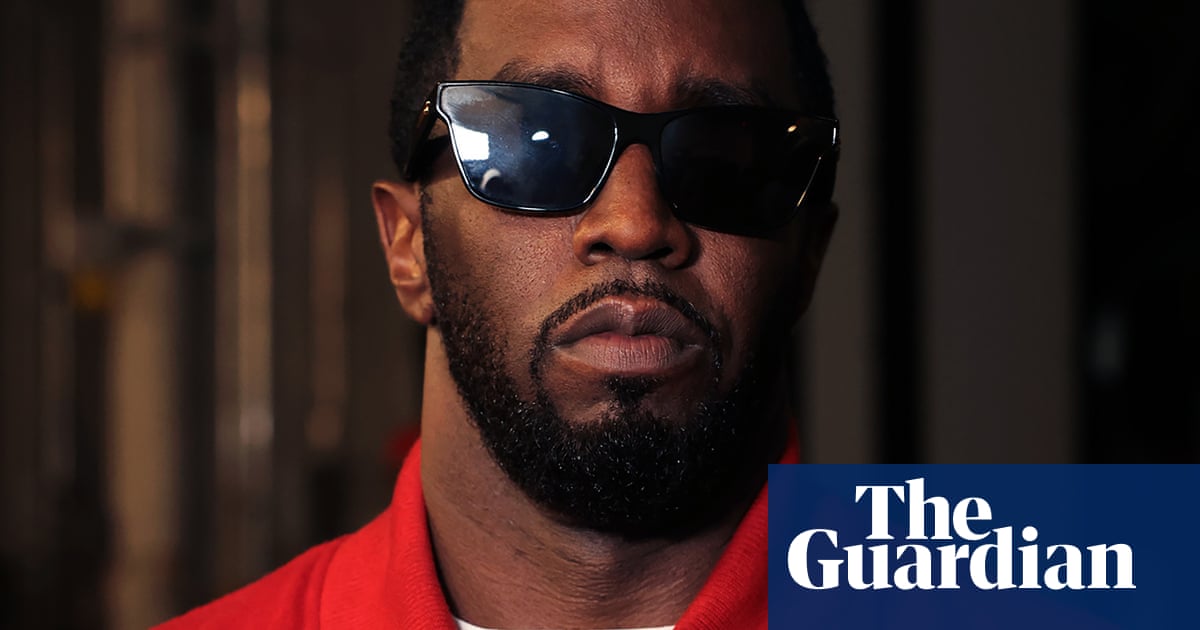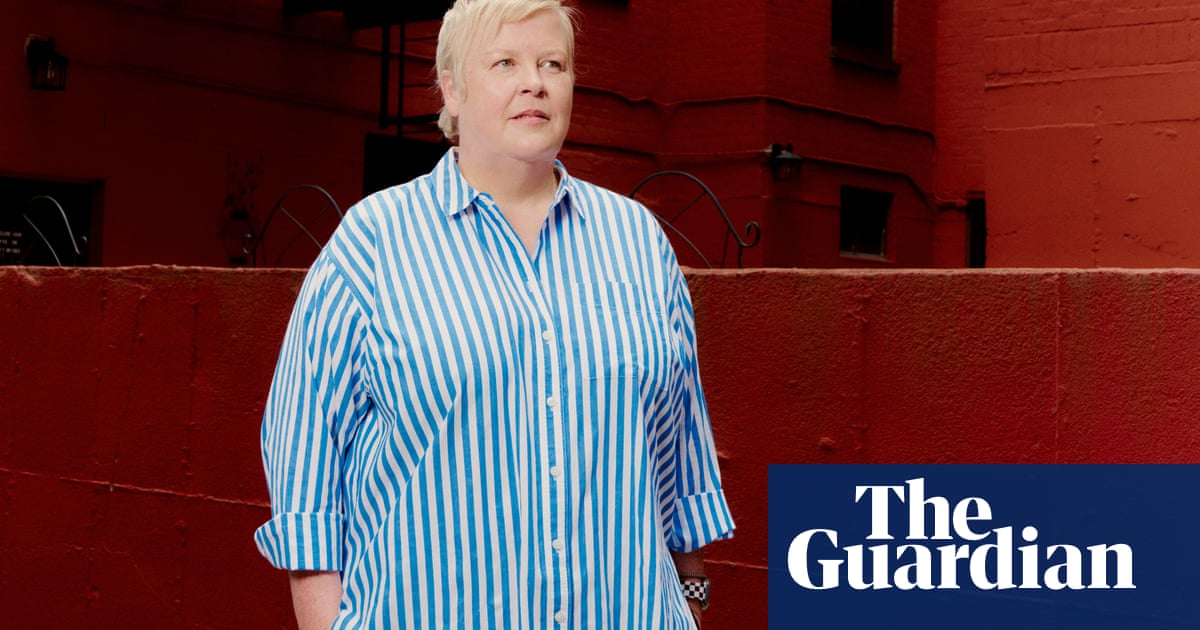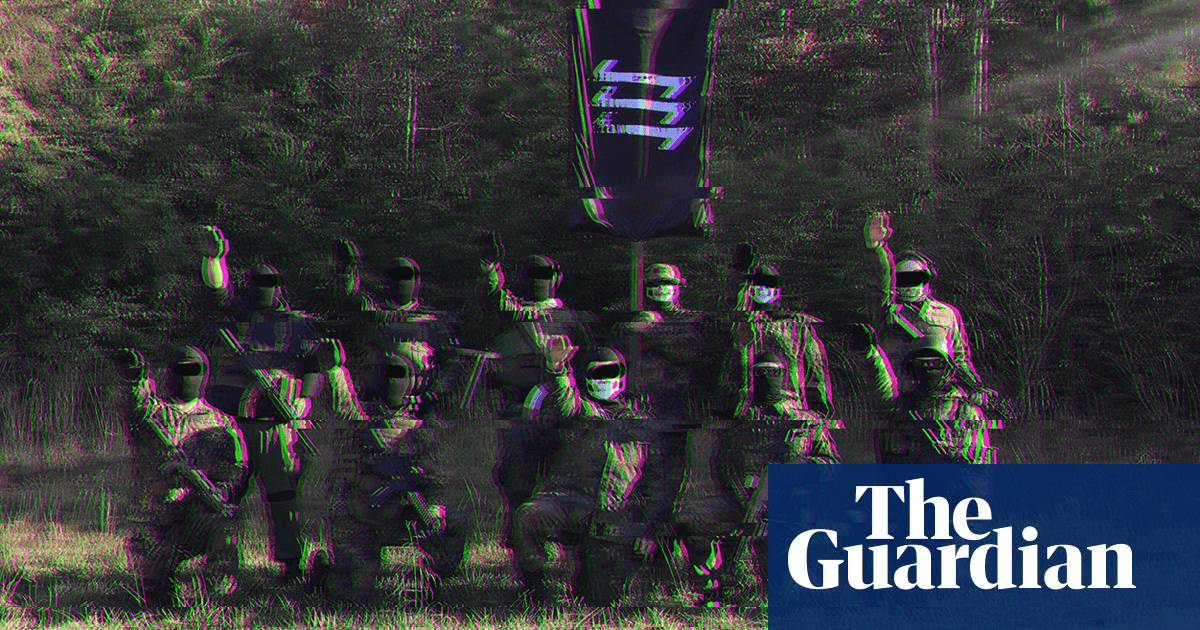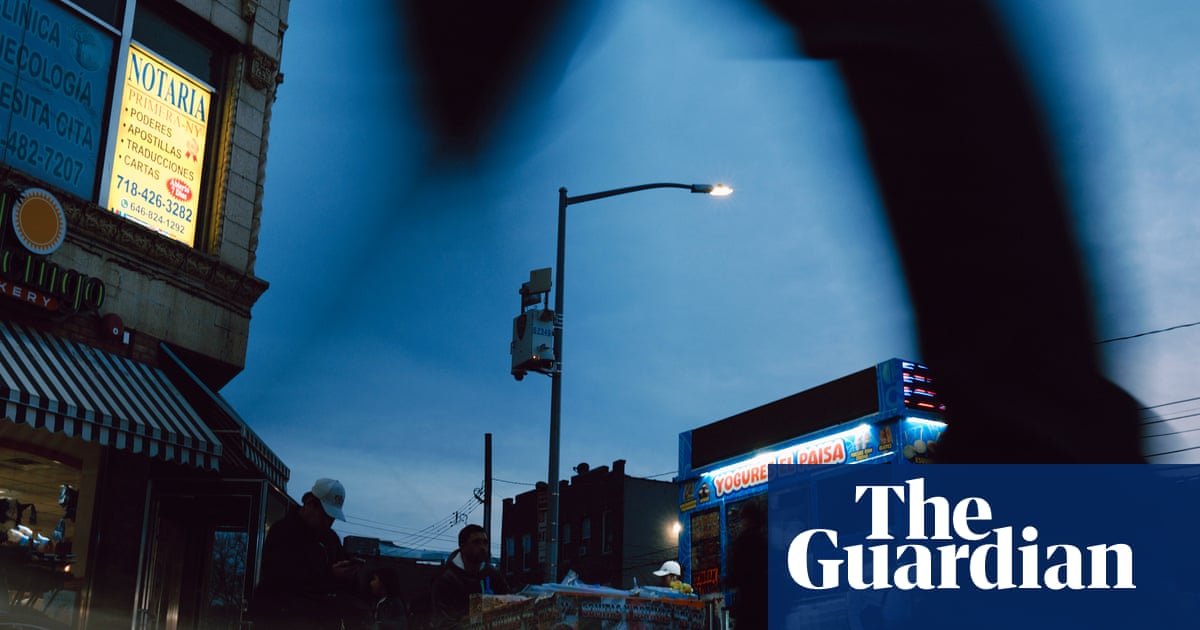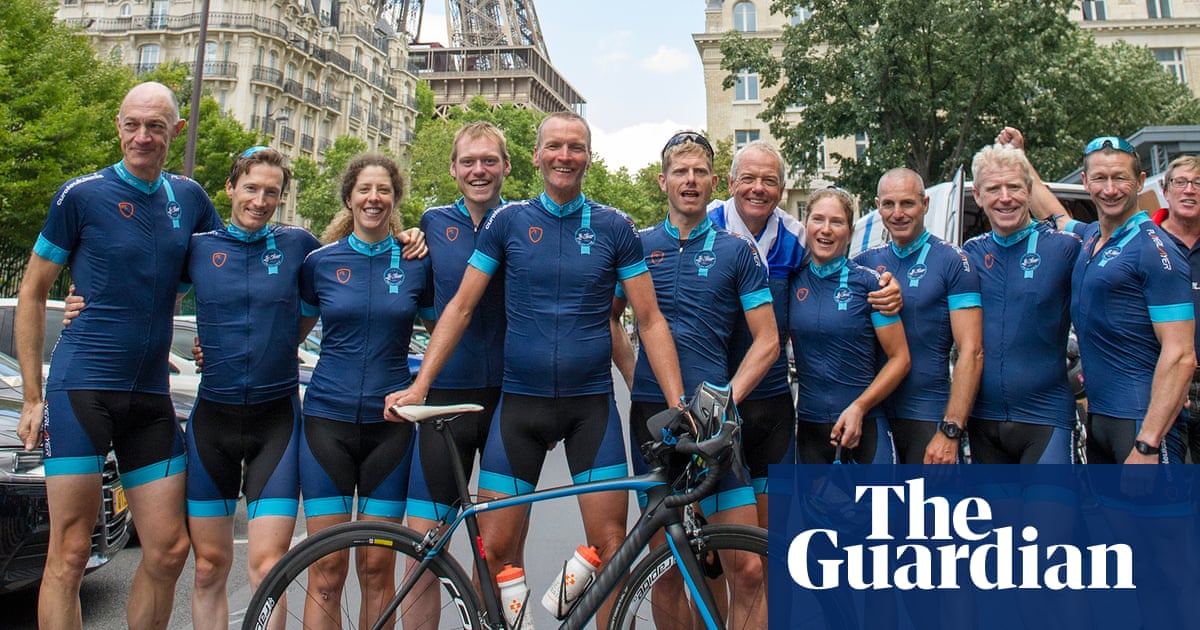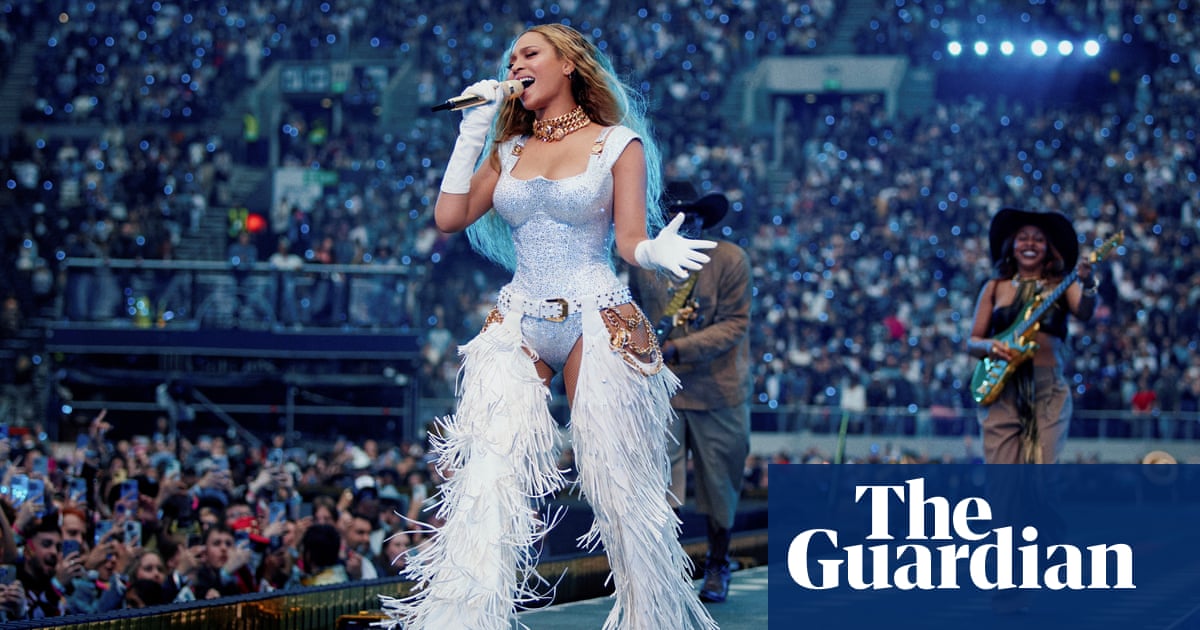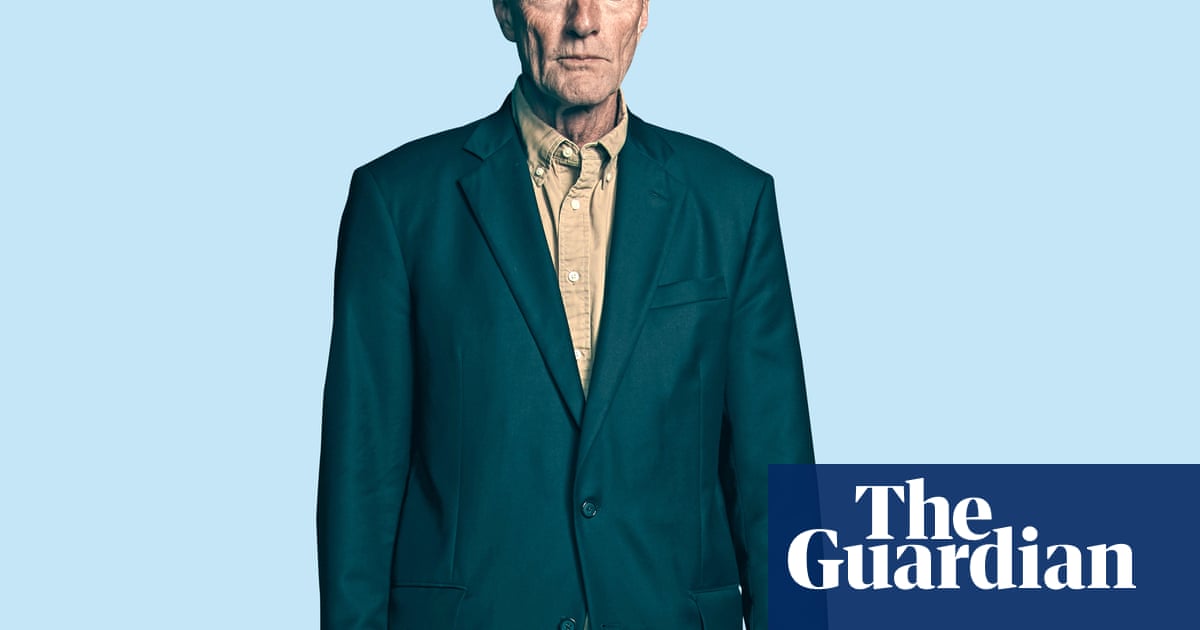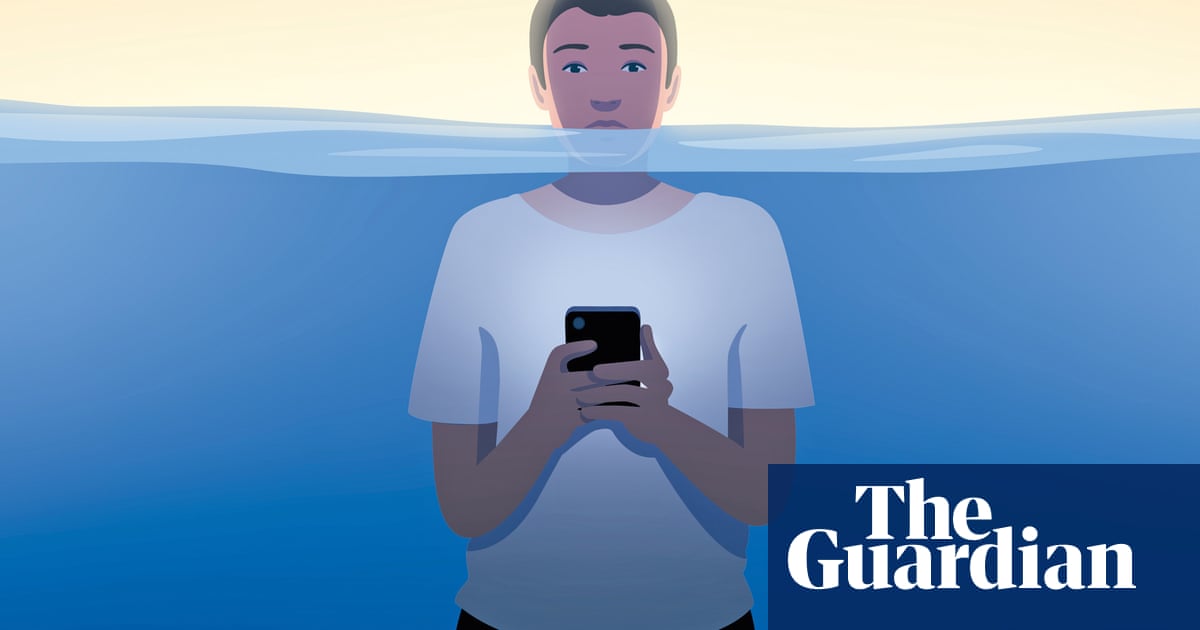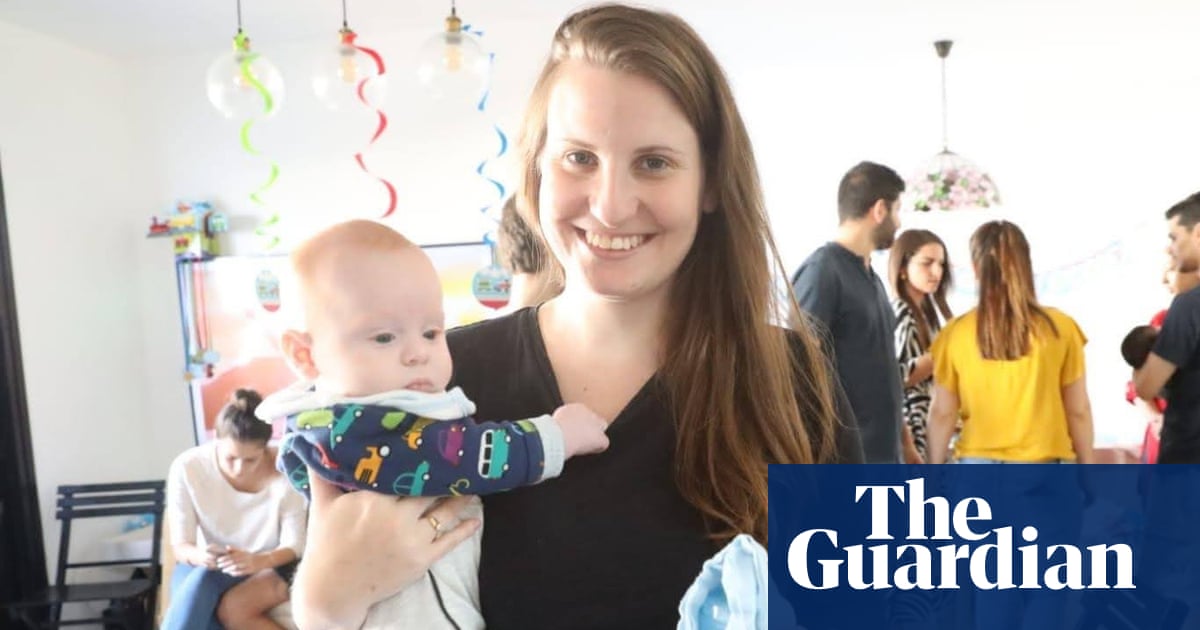Laurie Woolever is an expert on indulgence. The first time we met was in a dimly lit omakase restaurant in downtown Tokyo, in the summer of 2017. We were both in Japan on respective work trips. Woolever was researching a travel book she was writing with her boss, the chef Anthony Bourdain, and I was filming a CNN digital spin-off series from his Parts Unknown show. We were introduced through mutual friends in New York, where I had been living that year, and where her reputation preceded her. She was known to be private, tough, with a wickedly dry sense of humour. I was a little intimidated.
As she expertly navigated a seven-course tasting menu of wagyu beef with her chopsticks, she casually mentioned that she’d recently stopped drinking, alluding to the fact it had become out of control. I self-consciously sipped my own cold beer, picked up sweet strips of marbled meat and couldn’t help thinking how tricky giving up drinking must have been, both because of her job as the then long-term assistant to Bourdain – one of the most rock’n’roll food personalities of our time – but also being immersed in a fast-paced New York food scene where drinking to excess was the norm. What I didn’t realise until reading her new memoir, Care and Feeding, was that while Woolever wasn’t drinking, she was still seeking hits of illicit pleasure. A few days after our dinner, she hired a Japanese male sex worker to join her for an “erotic massage” at her hotel. A clinical act to numb the discomfort she felt, trapped in an unhappy marriage without alcohol to smooth over the cracks.
“I was having a hard time on that trip because I didn’t understand the point of Tokyo without drinking,” she tells me over a video call from her home in Queens, New York, in February of this year, ahead of the release of her new book. “Acting out sexually was a way to escape that.” She takes a reflective pause. “I’m a different person now, you know, just trying to decentre myself. As much as I thought I was a worthless piece of shit, I also thought I was the centre of the universe. I think that’s a common thing in addiction.”
Care and Feeding is a blisteringly candid and laugh-out-loud account of hedonism and heartbreak. It chronicles Woolever’s two decades as a food writer, editor, chef and assistant to two of the USA’s most notorious chefs – Mario Batali and Anthony Bourdain – men whose own challenges with addictive behaviour at times seemed to mirror her own. “Very few people are curious about the unknown women who prop up the work of important men,” Woolever writes, as she sets out her own chaotic journey of misadventures while working in their shadows. It’s common practice for prominent celebrity chefs on both sides of the Atlantic to heavily lean on the work of others when releasing books under their names. “Without the Tonys or Marios of the world, there would have been no book, or TV show or magazine work for me,” she writes. “The flip side of this, that the end products, credited solely to the marquee men, wouldn’t exist without the work of women like me.”
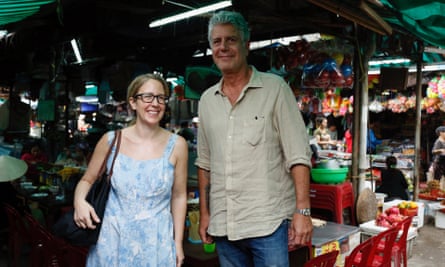
Woolever grew up in the small village of Chittenango in upstate New York. She describes having “classmates who got up at 4am to milk cows and others who skipped school on the opening days of deer and trout seasons”. After finishing her degree in Natural Resources Management at Cornell University, she moved to New York City in 1996 in search of a good time. Outwardly presenting as reserved and shy, she had a secret wild streak that saw her spend her days quietly mowing and weeding at the Brooklyn Botanical Gardens and her nights partying in East Village clubs where she would creep home in the early hours “after discovering just how much vodka I could drink while on cocaine… clutching a handbag into which I’d quietly vomited bile and Snapple”.
Following a stint catering for a wealthy Upper East Side family, Woolever decided to attend culinary school, drawn to the heat and excitement of the kitchen. Shortly after graduating in 1999 she landed a job as assistant to Mario Batali, a rising star in the food world and proprietor of Babbo, a high-end Italian restaurant that was one of the hottest tables in New York.
“It was an incredible education,” she tells me. “Managing the constant attention from press and surrounded by people who were proud of being at this hot genre of a restaurant. Mario was pioneering a new way of doing things, the food was elegant, but he had stripped away some of the pretence of fine dining. It was wild and uninhibited.”
Woolever’s time with Batali was most notable for its excesses. On a trip to Atlantic City early in her role, she was chided for ordering a salad. “No fucking way are you getting just a spinach salad,” Batali told her. “When you are out with me, you will order a cocktail, an appetiser, a mid-course pasta, an entrée, a dessert, a cheese course and an amaro or a grappa, and we will drink a shit-ton of expensive wine.”
Woolever understood the assignment. “I couldn’t not drink and do my job,” she tells me wryly. “That was a lie I told myself for a long time.” Having already developed a penchant for day drinking, accepting a bump of cocaine whenever it was offered and relishing the first bong of the day (preferably taken in the morning), Woolever embraced a work-life balance that often involved drinking until she passed out and navigating her days at the restaurant with painful hangovers mixed with a hefty dose of self-loathing. She also embarked on a series of messy sexual encounters, including “hate fucks” with co-workers who “smelt like an old spicy sausage left in a hot car,” hook-ups with strangers at bars and, on occasion, going home with men who picked her up on the street when she was almost blackout drunk.
Back in Babbo, sexualised behaviour dominated the workplace, too. Batali is alleged to have created an atmosphere where female employees were regularly harassed (a claim he denies) and Woolever shares stories of her own harassment at his hands – from having her ass grabbed by him on the restaurant floor or being forced to straddle him across a plane seat when he refused to move when she wanted to use the bathroom. When Batali was brought down in the #MeToo movement and settled lawsuits amounting to $600,000 (£462,000) in compensation to former employees, Woolever was not surprised. “It felt good that justice, in some small way, has been served for people who were very hurt by him, but it was upsetting to be faced with all the evidence.” Did she feel complicit in enabling him, having worked so closely with him? She frowns, looking slightly pained. “That’s a complicated question. I did speak up on my own behalf when he groped me, but I think it’s important to note there was a massive power imbalance at play. Powerful men in an industry that’s very desirable get to use their power to get away with whatever they want. If I had spoken up in a public way, I don’t believe it would have changed anything, except I probably would have lost my job.”
Eventually, Woolever decided it was time to move on from Babbo, driven by a desire to pursue a career as a food writer. Not wanting to incur Batali’s infamous vengeance, she gave him a year-long notice period, after which, in 2002, she worked as a recipe tester on a cookbook for another up-and-coming chef who Batali had introduced her to, Anthony Bourdain.
Her first impression of Bourdain was a surprise. “I was expecting the guy on the pages of Kitchen Confidential and assumed if you speak that way on the page, and you’ve got this level of notoriety, then you must be brash and loud, sucking all the oxygen out of the room. But that was not the case at all. He was very polite, a little awkward and very kind. Immediately I felt I was met with respect and treated as an equal.”
Having established herself as a writer, Woolever went on to become an editor for the culinary magazines Art Culinaire and Wine Spectator, got married and had a baby – on the surface presenting as someone who had settled down, but all the while continuing to fall deeper into her addictions. She was drawn back to assistant work when Bourdain reached out to her and relished taking on the role of supporting the superstar chef. The flexibility of the job (remote, primarily via email) was well suited for a new mother, but also perfect if you regularly woke up hungover and liked to smoke weed. Over the course of the next few years, while her career remained stable, Woolever found her personal life unravelling as she reached for the bottle more intensely. Finally, in 2017, off the back of a weekend of hard boozing and a fallout with her extramarital fling, she dragged herself to an AA meeting. “I listened hard, cried about my own feelings and did not raise my hand or say anything,” she writes. But she went back the next day. And the next. Until, at last, she stopped drinking.
Throughout her book, Woolever’s admiration for Bourdain is evident, describing him as a supportive boss as well as a caring figure in her personal life. During their tenure together, her role grew from assistant to the occasional editor of his work and eventually co-author of Appetites, a cookbook they wrote together. When Woolever’s marriage imploded due to her affairs, Bourdain offered his bank account as an asset in her application for a rental agreement to ensure she was able to get a decent place to live, as well as counselling her about his own experience of divorce.
“There were none of the assistant horror stories you hear about famous people,” she tells me. “But I still wanted to deliver for him above and beyond.” Her role involved scheduling flights, doctors’ appointments and liaising with the press, but also more unusual activities, such as organising helicopters for quick transportation, finding jiu-jitsu classes he could attend all over the world, or preparing feasts of crab and caviar for trips on a private jet. Today, her fondest memories of him relate to food and travel, whether it was “shooting the shit and eating ice-cream” together on a beach in Sri Lanka, or learning from him how to cook organ meat – “straight from the fridge, never brought to room temperature, that’s a recipe for disaster”.
At the height of his success, Bourdain achieved an almost statesman-like reputation for his artful blending of food, travel and politics. His Emmy award-winning documentary series Parts Unknown took him to places such as Iran, Cuba and the Occupied Palestinian Territories, opening up windows into these hidden worlds for American audiences for the first time. He even recorded an episode with the then US president Barack Obama, eating bowls of bún cha at a noodle joint in Vietnam. What was it like working behind the scenes of such an influential man?
“I think it took me a while to recognise that behind all the invitations, overtures and gifts I would be sent, there was a desire to get close to Tony or get a favour from Tony…” She pauses, searching for the right words. “Certainly after Tony died, it was really eye-opening to see who stuck around and who suddenly didn’t have a lot of time for me.”
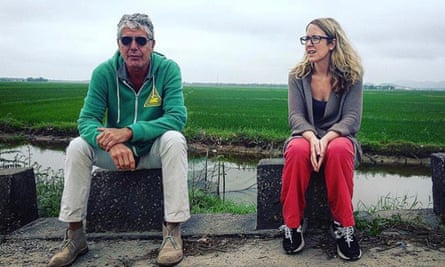
In June 2018, just weeks after Woolever had moved out of her marital home and was in the process of negotiating custody of her son, she was woken at 4.25am by a call from Bourdain’s agent who told her he had taken his own life in his hotel room in France.
“I felt a kind of shock that I don’t know I’d ever experienced before,” Woolever tells me, her voice growing quieter. “There were probably three hours where a handful of us knew what had happened before anybody else did. And it was just surreal to think that everyone thinks Tony is still alive, but I know the truth. I kept thinking, how do we fix this? We’ve got him out of difficult situations before, those of us that worked closely with him, we’d fixed things… Which is just nonsense, right? But it’s where your brain goes.”
In the book, Woolever describes Bourdain’s increasingly erratic behaviour in his last few months of life, due in part to the challenging entanglement he had with his girlfriend at the time, Asia Argento. The day before he killed himself, photos of Argento looking close with another man had appeared in the Italian press.
“I’ve had my heart broken,” Woolever says. “So I understand the extreme pain you can feel. I don’t think that ending one’s life is the right answer, but that was the choice he made. It was a spasm of pain and grief and humiliation and rage. At the time I felt irrationally angry that he couldn’t have found another way to deal with the enormity of the feelings that he was having, but they were just too big.”
After Bourdain died, Woolever’s life became a lot smaller. “I went from being very busy and connected to being kind of on my own. It was lonely, strange and unclear what the next steps would be for me in terms of work and in terms of my life.”
In previous years, Woolever’s first response to uncomfortable feelings would have been to get drunk. With her marriage over and her boss dead, was she tempted? She shakes her head, “I was not. I was deep enough into not drinking at that point that I knew, if things are bad, you’re not going to make it better by having a drink. You’re actually going to make it worse. But I was still smoking pot like it was my job. When I would have to go into Manhattan to pick up Tony’s mail after he died I would get really stoned, and then get on the subway and cry.”
Today, Woolever is six years and four months sober – no alcohol and no weed – a statistic she confirms by pulling out her phone to check her daily sobriety app. You still count your days? She nods. “Yes, and it feels good. If you’d told me I would have this amount of time sober, I’m not sure I would have believed it.” I tell her one of the most moving parts of the book was when she describes her good fortune at being pulled out of the nosedive of drinking before she hit the ground, which doesn’t tend to be the general trajectory of addiction memoirs. Why was it important to make that point? “I think with addiction there is a sense that you have to completely blow something up in order for it to be valid. I had impostor syndrome when I first went into the rooms of the 12-step programmes as I had this idea that you’ve got to almost die, or go to rehab, or be in a drunken accident in order to justify your presence. But it’s just not true. If you’re able to stop drinking before any of that stuff happens then you should consider yourself lucky”.
Today, Woolever continues to care for the important men in her life, though these days it’s less about A-listers and more about feeding her 16-year-old son – a source of great pleasure for her. “Cooking is a non-negotiable for me. Sometimes I feel tired and overwhelmed, like all parents, but then I remember that this kid is growing up, he’s going to go to college soon and it’s a real privilege to cook for him and for myself.”
As we wrap up the conversation so that Woolever can get to her weekly AA meeting, I’m struck by how she has emerged, at 50, with a new lease on life. Does it feel that way? “Yes,” she says, “And it feels like closing a chapter… the book chronicles the years it took for me to finally grow up.” She laughs and rolls her eyes, “I guess it took me 25 years to become an adult.”
Care and Feeding: A Memoir by Laurie Woolever is published by HarperCollins at £22. Order it from guardianbookshop.com for £19.80

.png) 2 months ago
35
2 months ago
35
